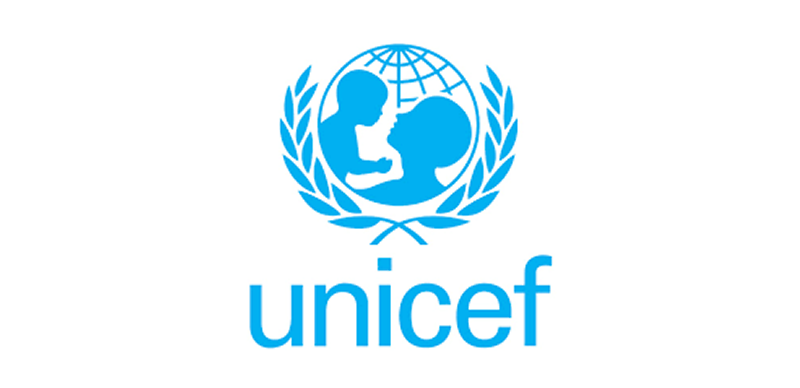On the occasion of the International Day of Zero Tolerance for Female Genital Mutilation (FGM) on February 6, the United Nations Children’s Fund (UNICEF) emphasised the importance of ongoing education and advocacy to combat this harmful practice.
In a report released by UNICEF, it highlighted the crucial role of educating girls and women about the negative implications of FGM. The report revealed that daughters of educated women were less likely to undergo FGM compared to those whose mothers were uneducated.
According to the World Health Organisation (WHO), FGM encompasses all procedures involving the partial or total removal of the external female genitalia for non-medical reasons. This practice poses severe health risks for girls and women, including bleeding, urinary problems, infections, and complications during childbirth.
Recognised internationally as a violation of human rights, FGM is predominantly carried out on young girls and is a violation of the rights of children. More than 200 million girls and women worldwide have undergone FGM, predominantly in 30 countries across Africa, the Middle East, and Asia.
In a UNICEF report titled “Ending Female Genital Mutilation: Data that Delivers Change and Results for Girls and Women,” it was revealed that approximately 35% of girls aged zero to 14 in the Southeast region of Nigeria are affected by FGM, with similar rates in the Southwest region. Ekiti State accounted for nearly 24% of affected girls, while Oyo State had 21%.
The report underscored the power of education in ending FGM, stating that education increases awareness of the dangers of the practice and fosters discussion and questioning. Educated women are also less likely to subject their daughters to FGM.
The Chief of UNICEF Lagos Office, Celine Lafoucriere, emphasised the need for increased education, advocacy, and legal measures to combat FGM. She highlighted the importance of raising awareness about the harmful effects of FGM and promoting alternative cultural practices that respect the rights and dignity of girls.
UNICEF Child Protection Specialist Denis Onoise stressed the role of health, education, social services, and justice in providing holistic support to survivors of FGM and empowering them to advocate for change.
The call for continued education and advocacy against FGM underscores UNICEF’s commitment to protecting the rights and well-being of girls and women globally.



